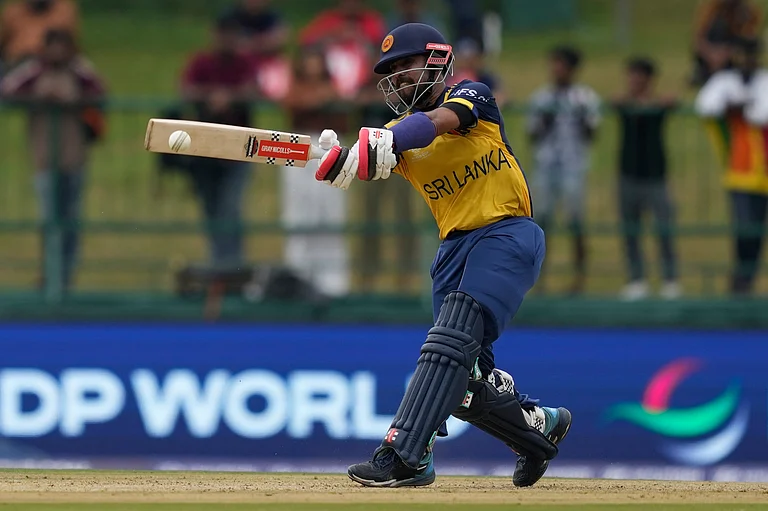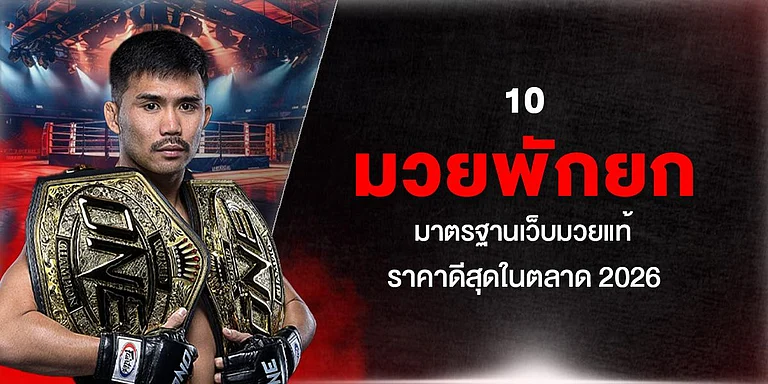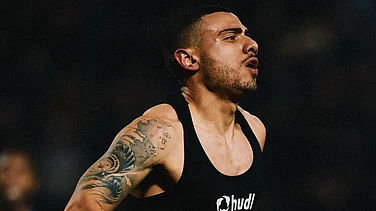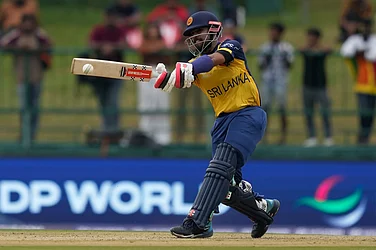Russian athletes who have actively served in the military invasion of Ukraine should be allowed to return to international sports if they did not take part in war crimes, according to a United Nations expert advising the International Olympic Committee. (More Sports News)
The U.N. special rapporteur for cultural rights, Alexandra Xanthaki, said late Sunday only Russian military members implicated in "allegations of war crimes, genocide, crimes against humanity or propaganda for war" should be denied neutral status to compete in international sports ahead of the 2024 Paris Olympics.
Xanthaki angered Ukrainian athletes who took part in an IOC-hosted call to consult them ahead of an Olympic announcement due Tuesday to update guidance for sports bodies 16 months before the opening of the Paris Games.
Ukrainian government and sports officials want the IOC to ban all Russians from the 2024 Games and claim most of the country's recent Olympic medalists were affiliated with the military.
Xanthaki wrote on her official Twitter account Sunday her view that “an athlete who has participated in war would be included” for neutral status to compete in sports without national symbols such as flags and anthems.
The Greek lawyer later clarified it was usual that “men all around the world are conscripted to take part in wars” and have to follow orders, including killing. She also referred to “illegal aggressive” conflicts in Syria, Afghanistan, Israel and Iraq.
"We cannot hold all men who participate in illegal wars by their states following orders responsible. Those who perform crimes, we must,” Xanthaki wrote.
It is unclear how far the IOC will follow her advice ahead of its executive board meeting Tuesday. It is due to discuss “solidarity with Ukraine, the sanctions against Russia and Belarus, and the status of athletes from these countries.”
The IOC's initial advice to sports bodies within days of the war starting last February was to exclude athletes from Russia and ally Belarus. It cited Russia's “extremely grave violation” of the Olympic Truce in place for the 2022 Winter Games in Beijing, plus the integrity and security of sports events.
Since January, the IOC has pushed for finding a path to reintegrate Russians and Belarusians into world sports. It pointed to advice from Xanthaki and another U.N. expert that excluding athletes based only on their passport would be discrimination that breached their human rights.
Xanthaki on Friday briefed members of official athlete panels from most national Olympic bodies, including Ukraine, in a two-hour call hosted by the IOC.
The Ukrainians “ferociously disagreed with my analysis,” she acknowledged in a Twitter exchange, adding that athletes taking part from countries in the Global South agreed with her.
"It makes no sense in terms of sport,” Ukrainian skeleton racer Vladyslav Heraskevych, a two-time Olympian, told The Associated Press on Monday about Xanthaki's views on the call and the difficulty of proving an athlete's links to war crimes.
"Do we have to make a documentary about how he makes a crime?” said Heraskevych, who drew attention at last year's Beijing Games by holding up a “No War in Ukraine” sign after his race.
The IOC was talking Monday with representatives of Olympic sports bodies who will decide for themselves on conditions for letting athletes compete in their upcoming events, and define neutrality.
A strong position against the IOC was taken last week by track and field's World Athletics, which is refusing to admit any Russians or Belarusians “for the foreseeable future.”
Final decisions on Russian athletes competing at the Paris Games still rest with the IOC. In the Olympic Charter, article 44.3 states: “Nobody is entitled as of right to participate in the Olympic Games.”


























